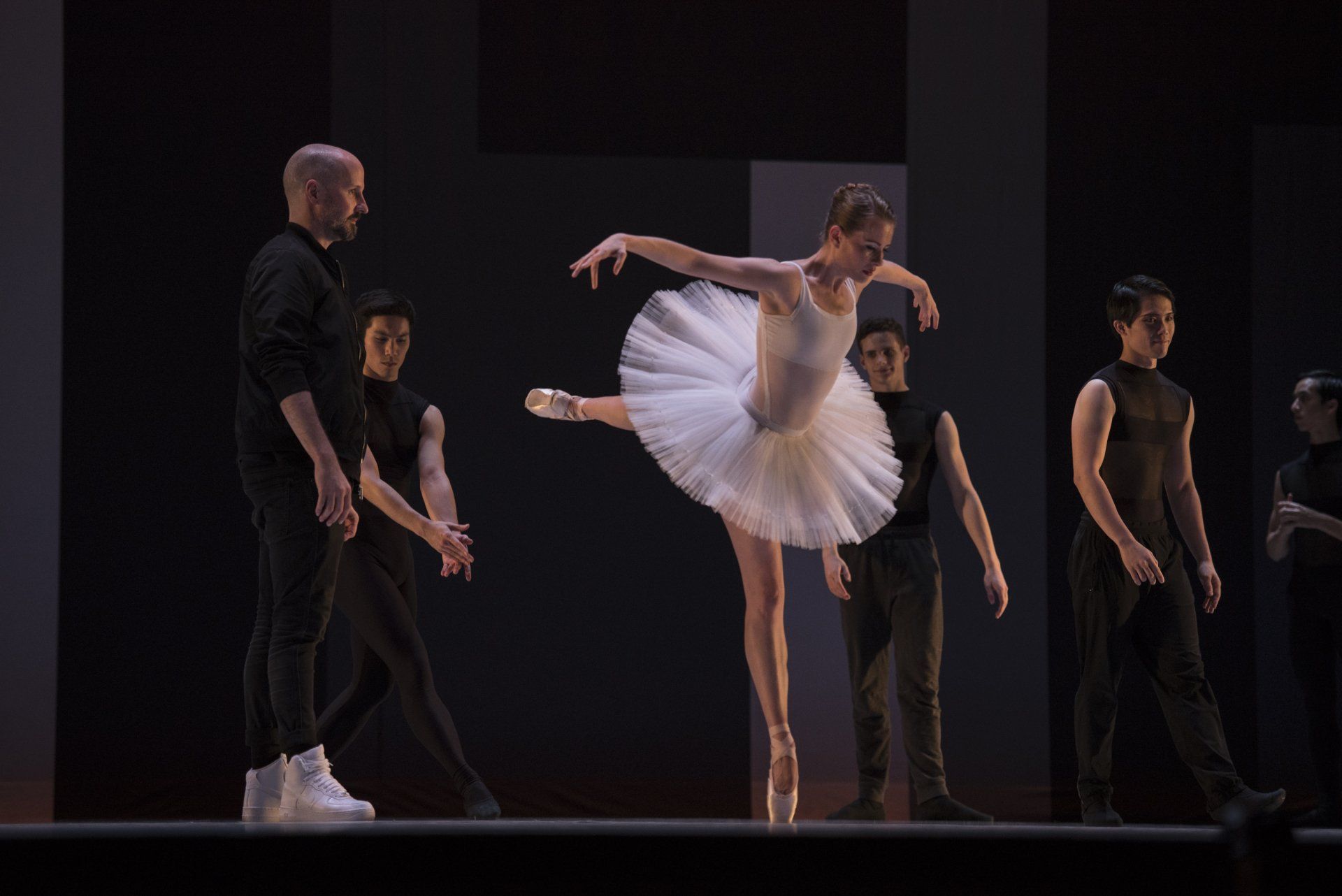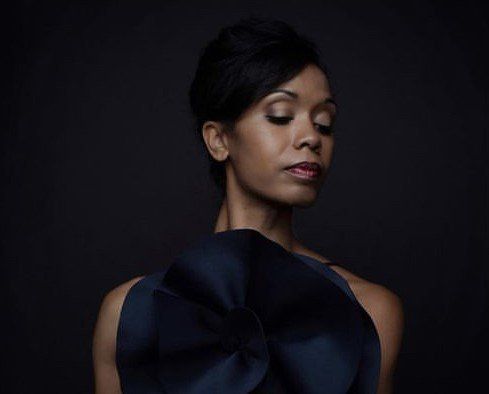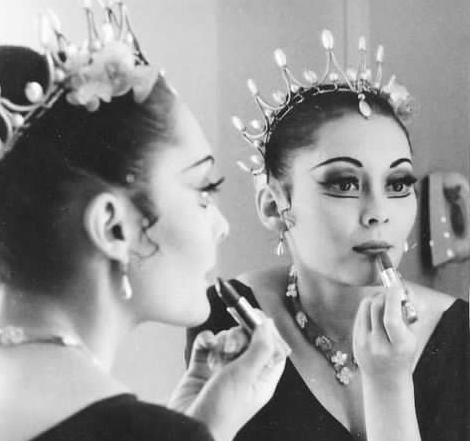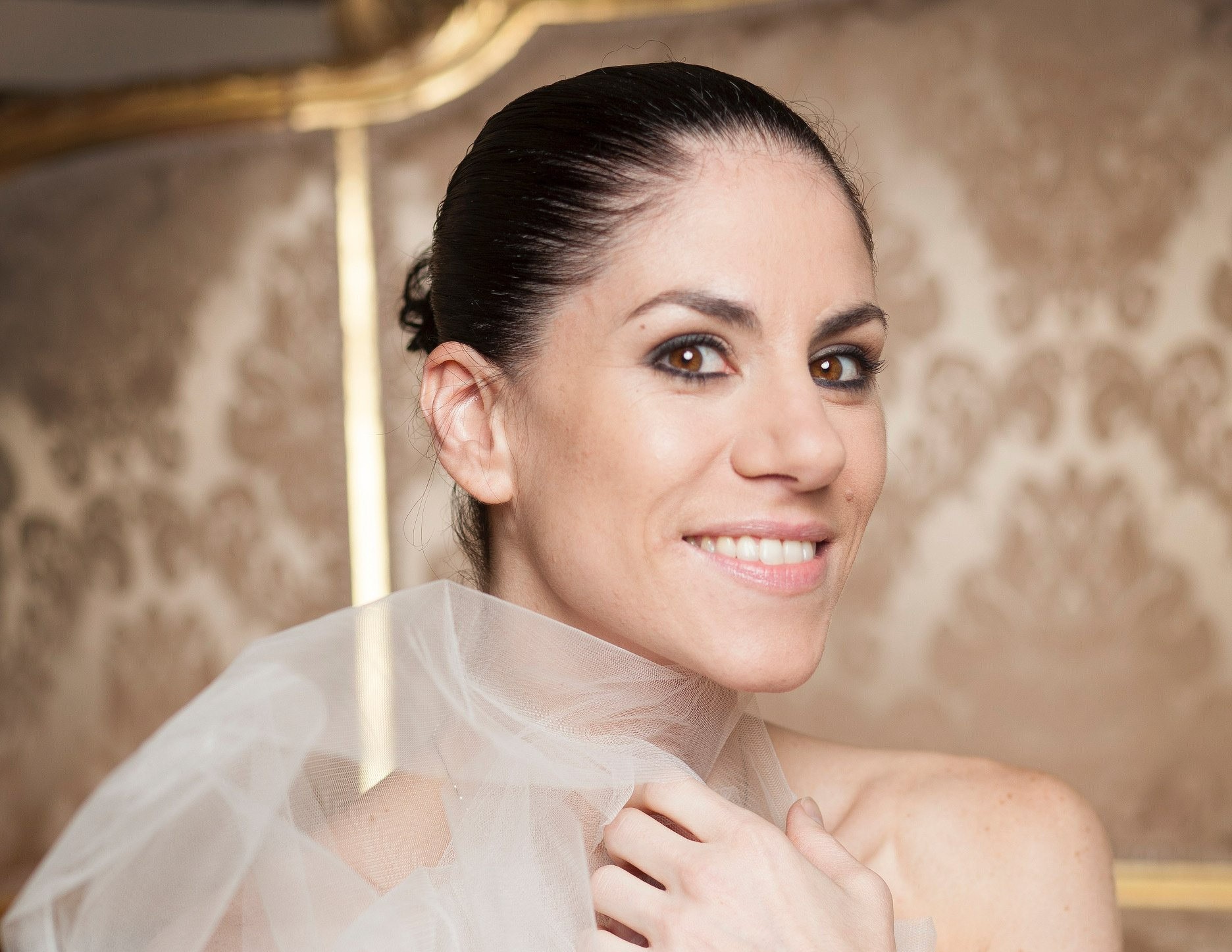Ballet Intuition - Blog

Robert Curran rehearsing Louisville company dancer Ashley Thursby. Photo by Sam English.
Known for being one of the best partners in the business, Robert Curran was Principal Artist with The Australian Ballet Company for more than a decade. He led the Australian flagship company both nationally and internationally during that time. After his dance career he spent time as ballet master for Bangarra Dance Theatre, before signing on as Director of Louisville Ballet. Robert talks about the importance of being present and focused in the studio.
I am looking for ’thinking' dancers. This doesn’t mean academic genius kind of thinking, but rather a dancer that is present and focused and aware of what is happening to a degree that they can effectively respond through their dancing. I am looking for a dancer that can recognize patterns quickly and use those patterns to their own advantage, a dancer who can quickly apply feedback and then make it their own, a dancer who can bring recognizable research and preparation into a rehearsal process, a dancer who can effectively and respectfully communicate in the moment. I truly believe that this ’thinking’ approach creates both bravery and humility. A ’thinking’ dancer is able to take risks because they have the material and feedback consolidated so they can push themselves without worrying about the basics. A ’thinking’ dancer can make mistakes as they take these risks, with humility, knowing how to address the mistakes without the vulnerability that comes when one feels unprepared.
One thing that I recommend to all dancers hoping for a career in classical ballet, is to get outside your immediate environment and your perceived world, as soon as possible and as often as possible. Travel to see other dancers perform, watch them online. See other productions by other Companies. Watch alternate casts, from the audience, of productions you are currently dancing. Make sure that you are immersing yourself in your artform as much as possible. Shake off the feeling that you will/might be destabilized by this experience, that your work will be compromised in some way, and enjoy the experience of other interpretations. Absorb as much input as you possibly can, because it ends up exuding from you in ways you may not understand or even recognize. You will become a better artist.
Robert Curran, 2021




